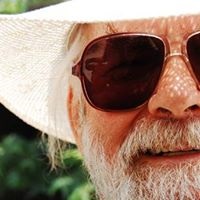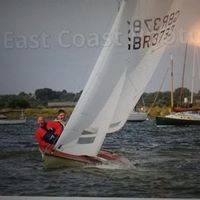Which group of islands is represented by the flag in the picture?
Shetland, also called the Shetland Islands, is a subarctic archipelago that lies northeast of the island of Great Britain and forms part of Scotland, United Kingdom.
The name of Shetland is derived from the Old Norse words, hjalt (hilt), and land.
In AD 43 and 77 the Roman authors Pomponius Mela and Pliny the Elder referred to the seven islands they call Haemodae and Acmodae respectively, both of which are assumed to be Shetland. Another possible early written reference to the islands is Tacitus' report in AD 98, after describing the discovery and conquest of Orkney, that the Roman fleet had seen "Thule, too".
The oldest version of the modern name Shetland is Hetlandensis, the Latinised adjectival form of the Old Norse name recorded in a letter from Harald count of Shetland in 1190, becoming Hetland in 1431 after various intermediate transformations. It is possible that the Pictish "cat" sound forms part of this Norse name. It then became Hjaltland in the 16th century.
Shetland is a popular destination for cruise ships, and in 2010 the Lonely Planet guide named Shetland as the sixth best region in the world for tourists seeking unspoiled destinations. The islands were described as "beautiful and rewarding" and the Shetlanders as "a fiercely independent and self-reliant bunch".
More Info:
en.wikipedia.org






